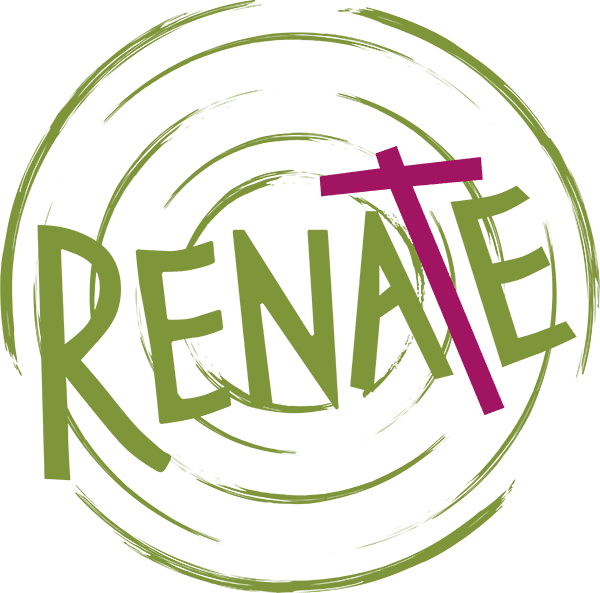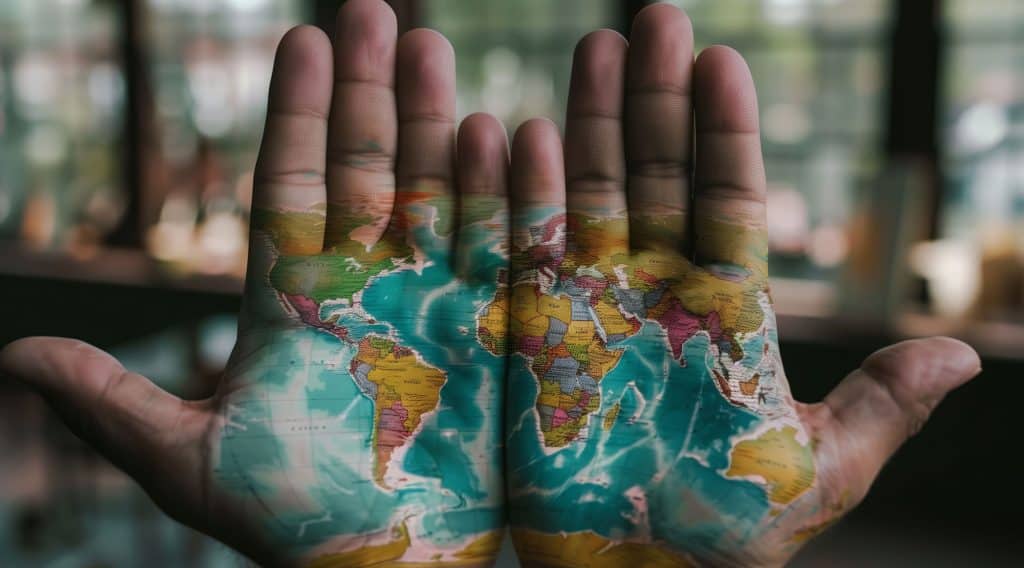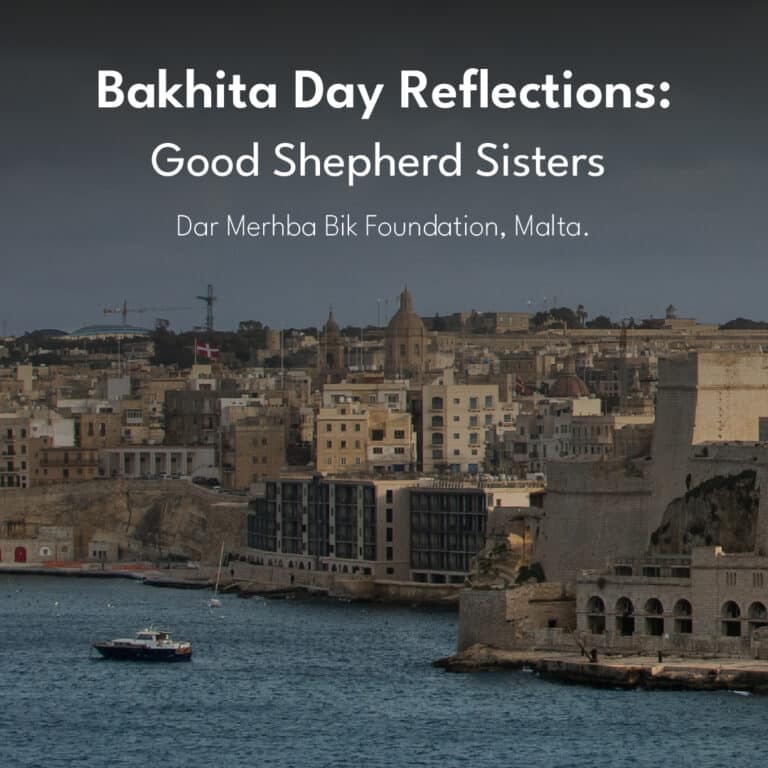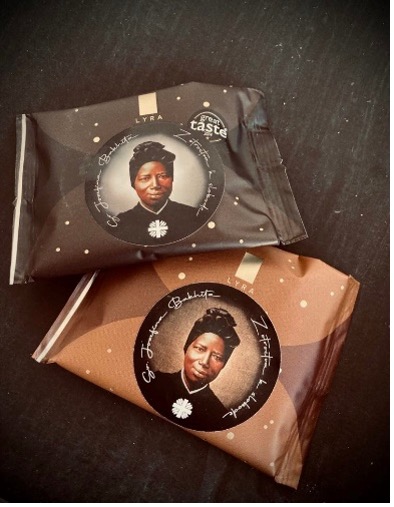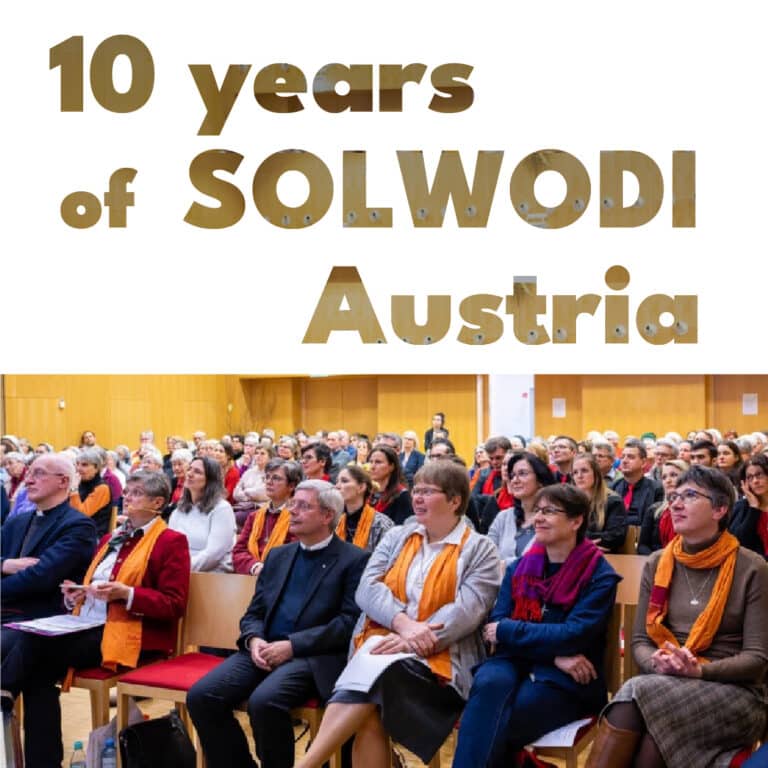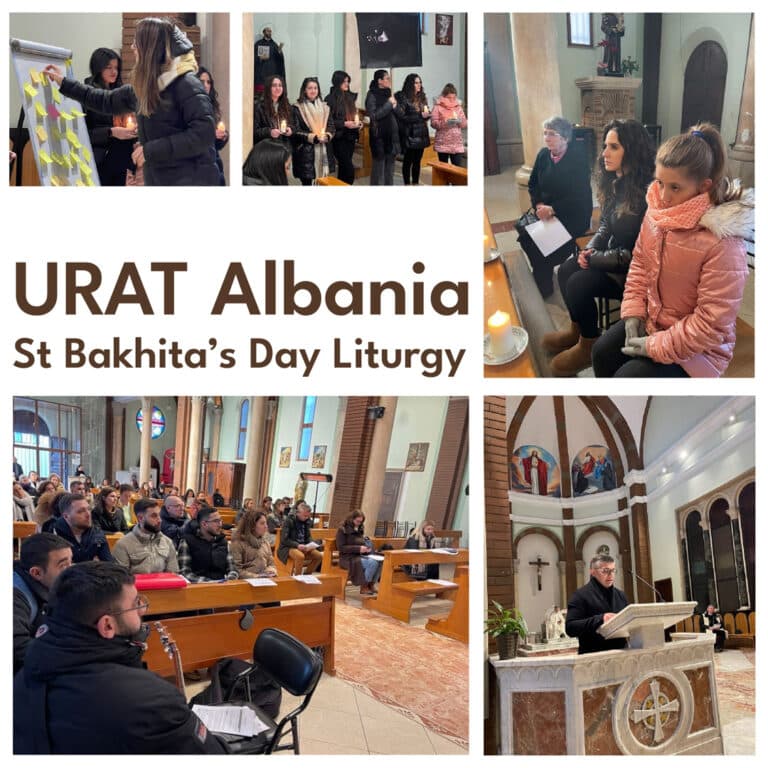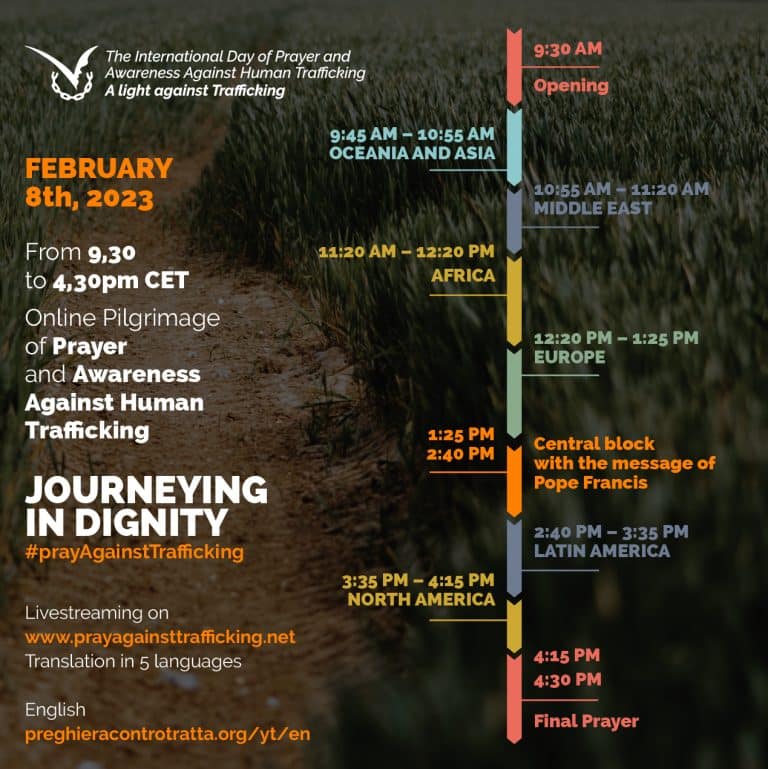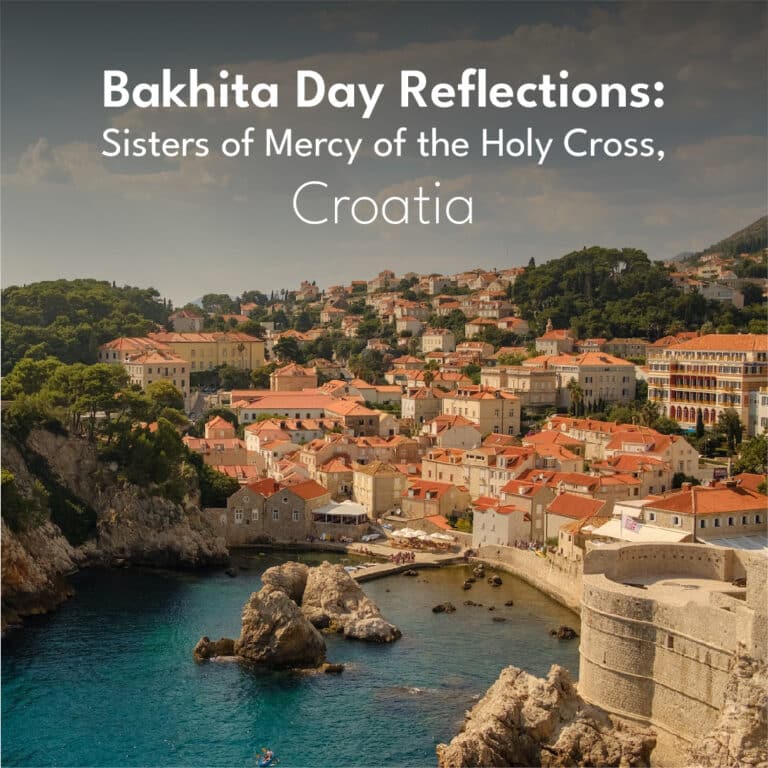
Bakhita Day Reflections: Sr. Viktorija Simic, Sisters of Mercy of the Holy Cross, Croatia.
Report by Sr. Viktorija Simic, Congregation of Sisters of Mercy of the Holy Cross
In advance of International Day of Prayer and Awareness Against Human Trafficking,

